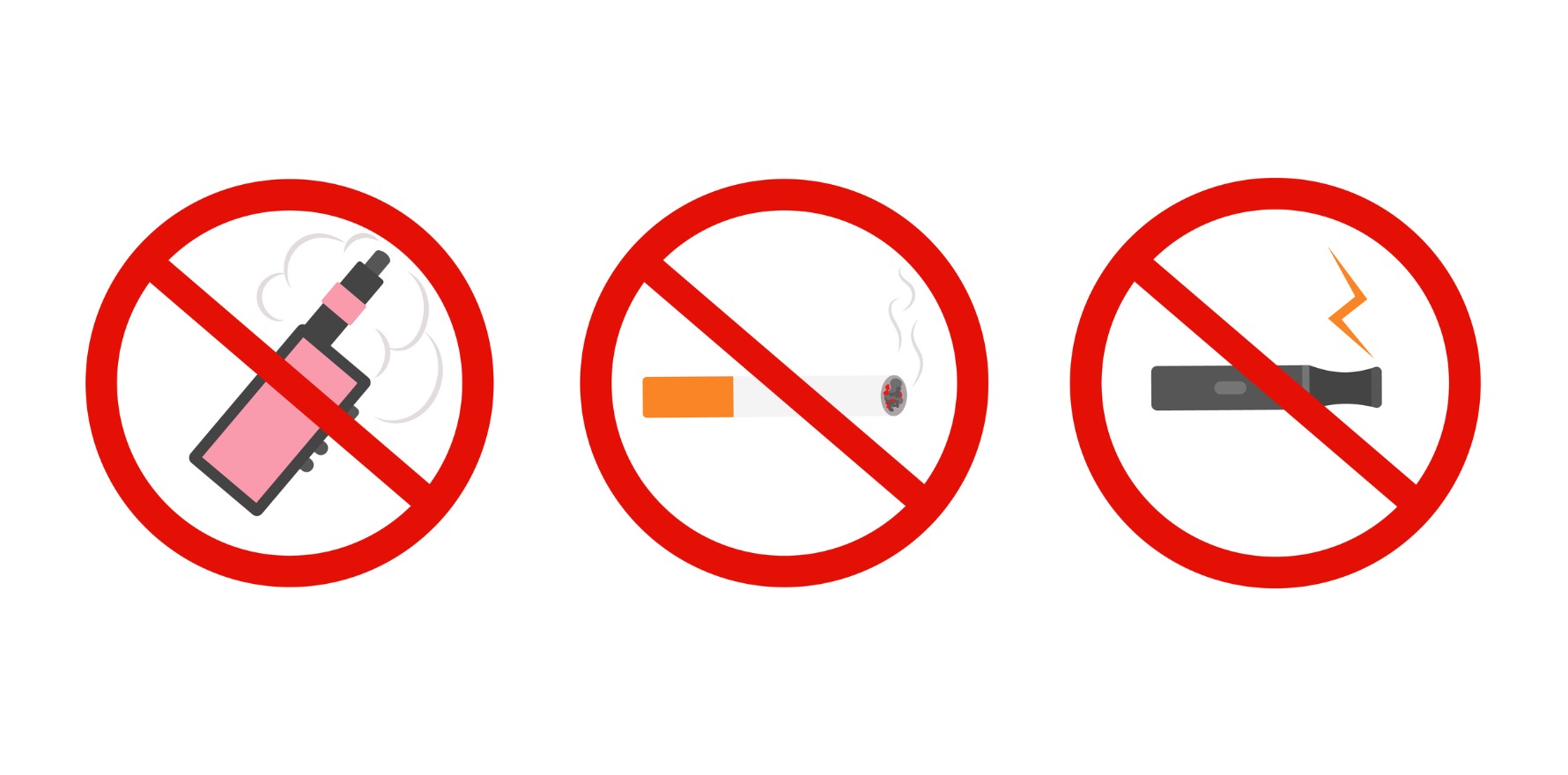Mark Butler says he’s optimistic about a $63m effort to clamp down on vaping and smoking rates nationwide, despite the fact it has come five years too late.
The federal government has released a new public health campaign alongside additional investment in quit support services to encourage more Australians to quit vaping and smoking.
The $63 million “Give Up For Good” campaign, the first national, population-wide effort to target smoking in nearly a decade, consists of four “separate but complementary” advertising streams offering targeted information about vaping and smoking harms and available support services for different audiences, including young people aged 14-24 who vape, adult smokers and vapers, and First Nations adults who smoke.
“The best time to have done this would have been five years ago, but the second-best time is now,” said Health Minister Mark Butler in a radio interview with 2HD Newcastle last week.
“The number of kids at high schools vaping is frightening. It’s starting to permeate our primary schools. Schools are having to put in place vape detectors in their toilets, teachers are being rostered to stand in toilets during lunch time to crack down on vaping.
“This is a really serious menace that I’m determined to stamp out.”
All four streams of the campaign will run across a range of media channels, including billboards and bus shelter ads as well as TV, radio, cinema, video games and social media platforms until the end of the year, with additional “phases” currently in the pipeline for planned release over coming years, the department’s announcement said.
Alongside the advertising campaign, the government also announced a $30 million investment to boost vaping and smoking cessation support services. That includes establishing a new online hub for cessation support services and upgrading the functions available on the My QuitBuddy app, as well as providing updated clinical guidance for health providers and additional resources for parents and carers.
According to Mr Butler, the latest advertising efforts were buoyed by previous successes in the government’s efforts to use social media influencers, particularly those on TikTok, to spread anti-vaping messages to young people.
“A few months ago, I announced that we were using social media influencers to get anti-vaping messages up on TikTok as well, and that’s been very successful,” Mr. Butler told ABC Radio Sydney.
“Just in terms of eyeballs, I’m told that already those influencer posts have been viewed almost eight million times [and] they’ve had more than 600,000 likes.
“They appear to me to be hitting the mark, but it is early days, [and] we will be evaluating the campaign more formally over time … because it is a relatively new style of campaign for the government to engage in.”
Mr Butler said the government was also committed to progressing its Therapeutic Goods and Other Legislation Amendment (Vaping Reforms) Bill 2024, currently awaiting a second reading before the Senate.
“The next important phase is [the] legislation that’s before the Federal Parliament right now, which is to actually ban the sale and supply of these things – other than as a therapeutic good, through a pharmacy – to ban the sale and supply,” he said.
“We haven’t got that legislation through yet. We’ve got it through the House of Representatives, and it’s due to be debated in the Senate when we go back to Canberra the week after next.
“We know the National Party has opted out of this, [and] I’m not quite clear yet what the Liberal Party will do, but we’re having very constructive discussions with crossbench parties.
“I’m hopeful that Peter Dutton sees the sense of this and hears the complaints from parents and school communities about the degree to which this market has just exploded.


